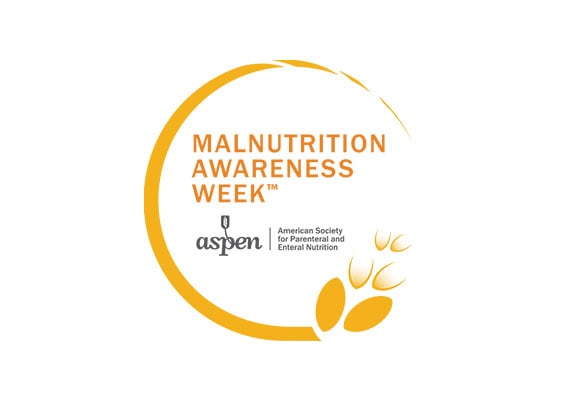 Malnutrition is a leading cause of hospital readmissions for older adults. And, it affects those from all ethnic communities. Although adults 85 years and older are at a greater risk, malnutrition can affect people of all ages.
Malnutrition is a leading cause of hospital readmissions for older adults. And, it affects those from all ethnic communities. Although adults 85 years and older are at a greater risk, malnutrition can affect people of all ages.
- 30-day readmissions are 6 times higher in patients that are malnourished
- Patients who are readmitted are twice as likely to be diagnosed with a serious infection
- Readmitted malnourished patients have 22% higher hospital costs than readmitted patients with no malnutrition
Identifying Malnutrition
Family members can become malnourished over time and it may easily go undetected. If you suspect your loved one is malnourished, here are some things to look for:
- Unplanned weight loss
- Loss of appetite
- Not able to eat, or only eat small amounts
- Feel weak or tired
- Swelling of accumulation of fluid
Malnutrition Resources
If you are caring for an older adult who is experiencing any of these symptoms, it is wise to notify their healthcare provider. If you think you may be malnourished, download this guide from the American Society for Parenteral and Enteral Nutrition to identify malnutrition and how to speak to your doctor.
Home-Delivered Meals
When patients return home from the hospital after a serious illness or surgery, they need to focus on their healing, recovery, and rehabilitation. Weight loss is common, as they may be experiencing poor appetite, weakness, pain, and decreased energy. They also may be unable to shop or prepare meals.
Many Medicare Advantage and Medicaid enrollees may be eligible to receive home-delivered meals after a hospitalization, or if they are managing a chronic illness. Check with your health plan to see if it includes a home-delivered meals benefit. Medicare open enrollment for 2021 begin October 7 -- so look for Medicare Advantage plans that include extra benefits, like home-delivered meals!
To learn more about home-delivered meals, download our guide!










